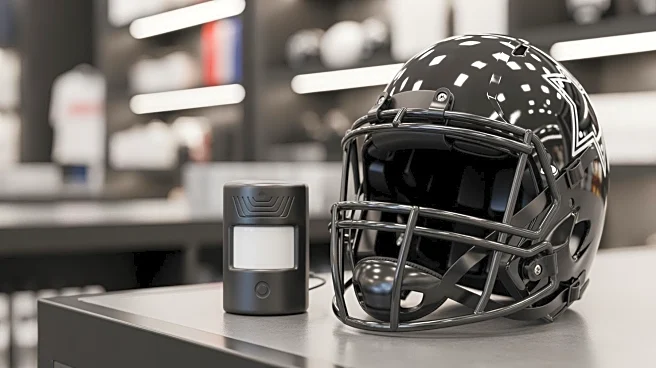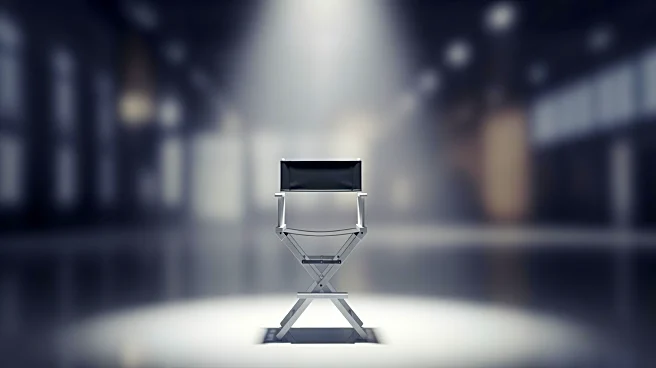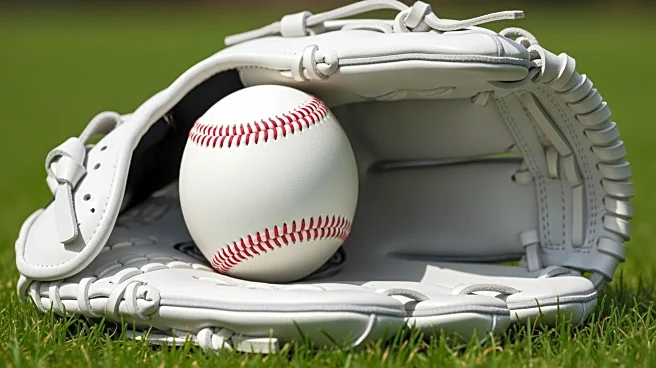What's Happening?
Arik Gilbert, a former tight end for the Georgia football team, was arrested in Savannah on charges of shoplifting and obstruction. Gilbert, who is currently playing for Savannah State, has a bond set
at $3,500, though it is unclear if it has been posted. This incident is not Gilbert's first legal issue; he has a history of arrests, including a no-contest plea to charges of burglary in Nebraska in 2024, which was later amended to trespassing and criminal mischief. Additionally, he was involved in a smash-and-grab burglary in Lumpkin County, Georgia. Gilbert was a highly ranked recruit, noted as the No. 1 tight end in the country and the No. 1 player in Georgia during his high school career. His college career included stints at LSU and Georgia, where he had varying levels of success.
Why It's Important?
The arrest of Arik Gilbert highlights ongoing challenges faced by athletes transitioning from high school to college sports, particularly those with high expectations. Gilbert's legal troubles could impact his current standing at Savannah State and his future career prospects. This situation underscores the importance of support systems for young athletes to help them manage the pressures of high-profile sports careers. The incident may also prompt discussions within collegiate sports programs about the need for enhanced mentorship and guidance for athletes to prevent similar issues.
What's Next?
Savannah State has not yet commented on Gilbert's arrest, leaving his status with the team uncertain. The legal proceedings will likely determine his immediate future, both academically and athletically. Depending on the outcome, Gilbert may face disciplinary actions from the university or the athletic department. This case could also influence how other universities handle athletes with legal issues, potentially leading to stricter policies or support programs.
Beyond the Headlines
Gilbert's situation raises broader questions about the pressures faced by young athletes and the role of educational institutions in providing adequate support. The legal and personal challenges encountered by athletes like Gilbert may prompt a reevaluation of how colleges and universities address mental health and legal issues among their student-athletes. This could lead to more comprehensive programs aimed at helping athletes navigate the complexities of their dual roles as students and sports figures.









